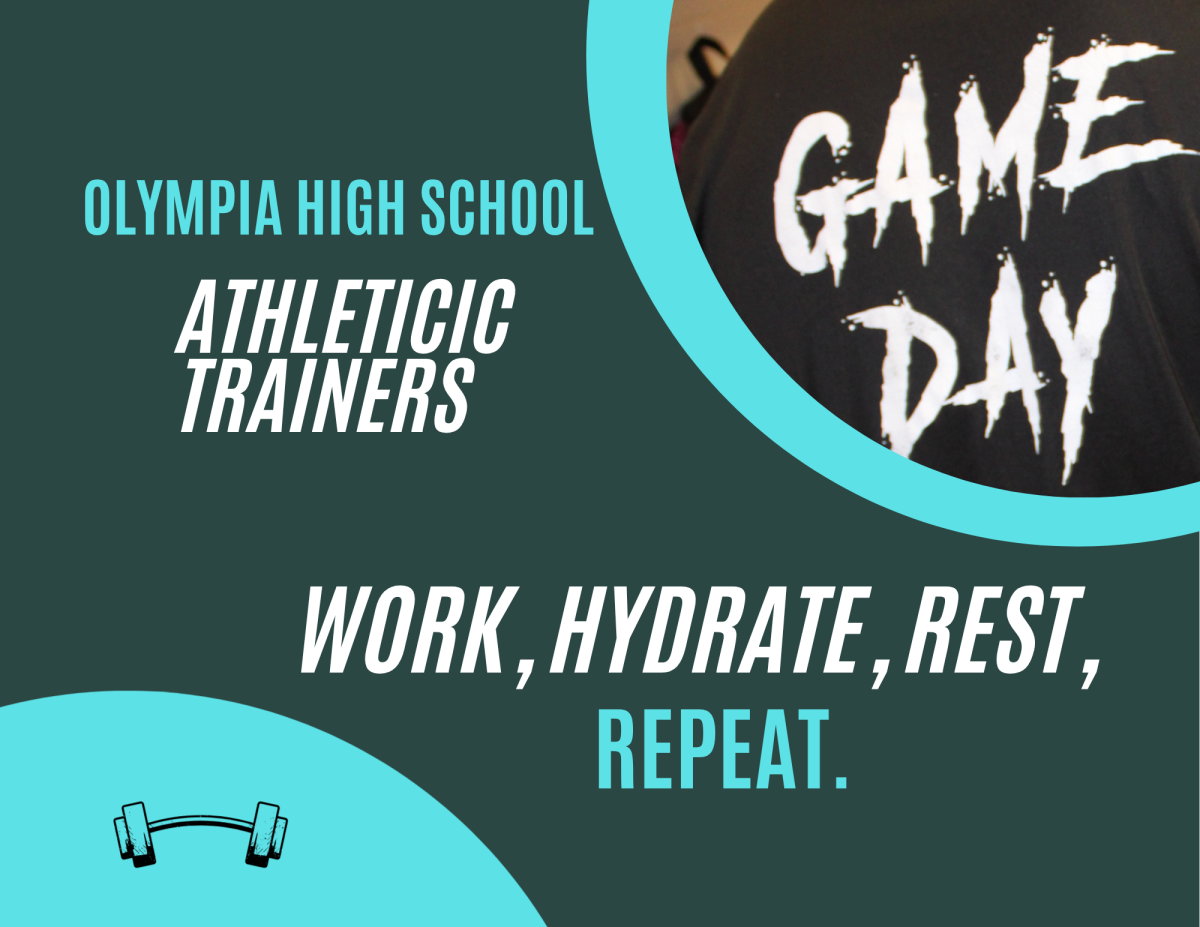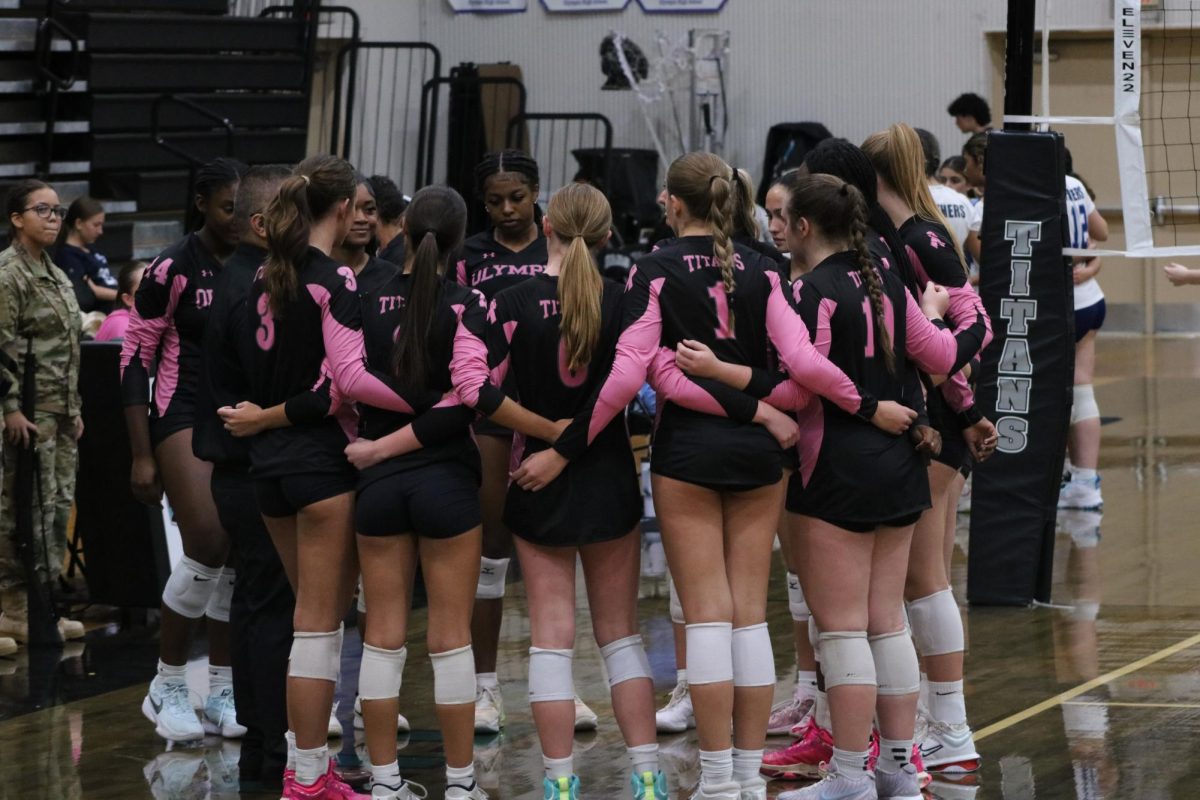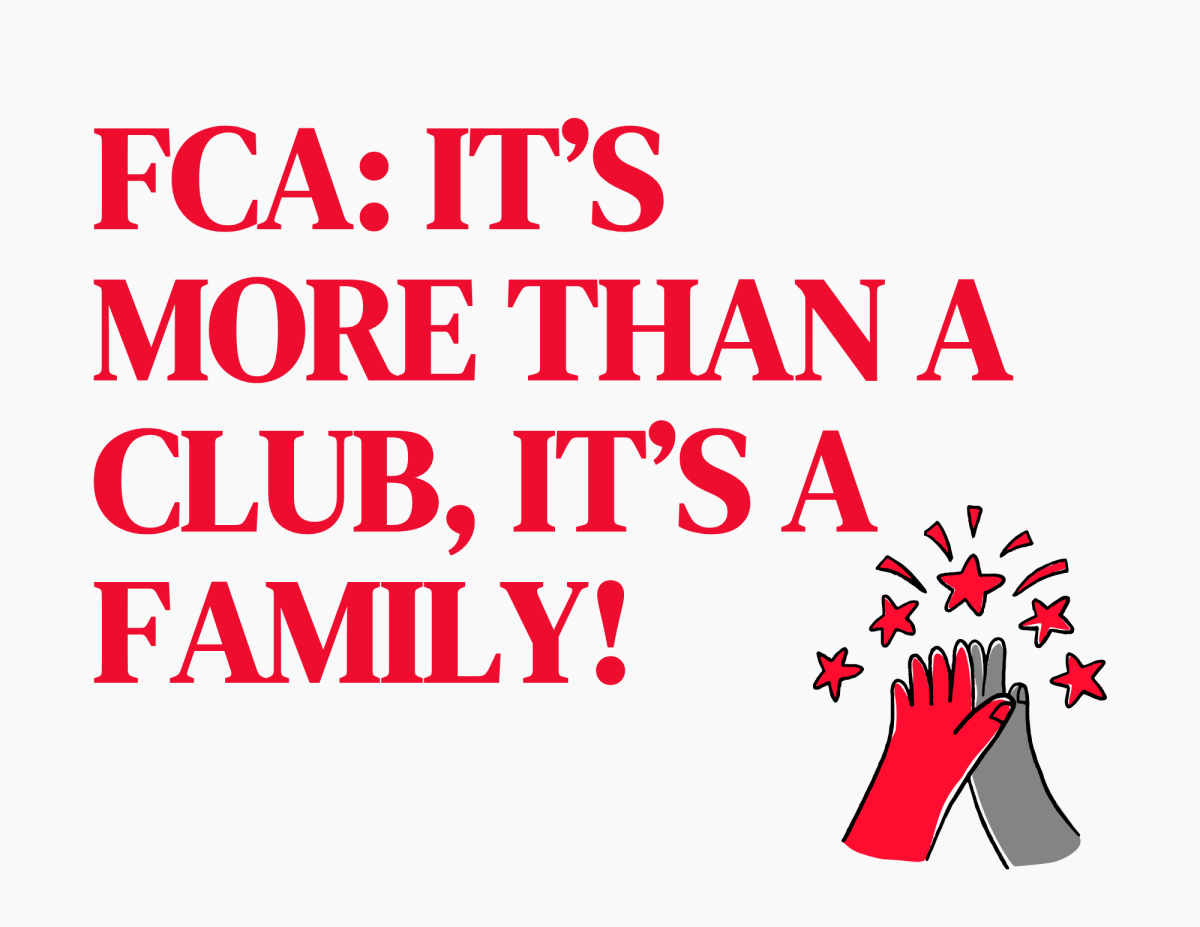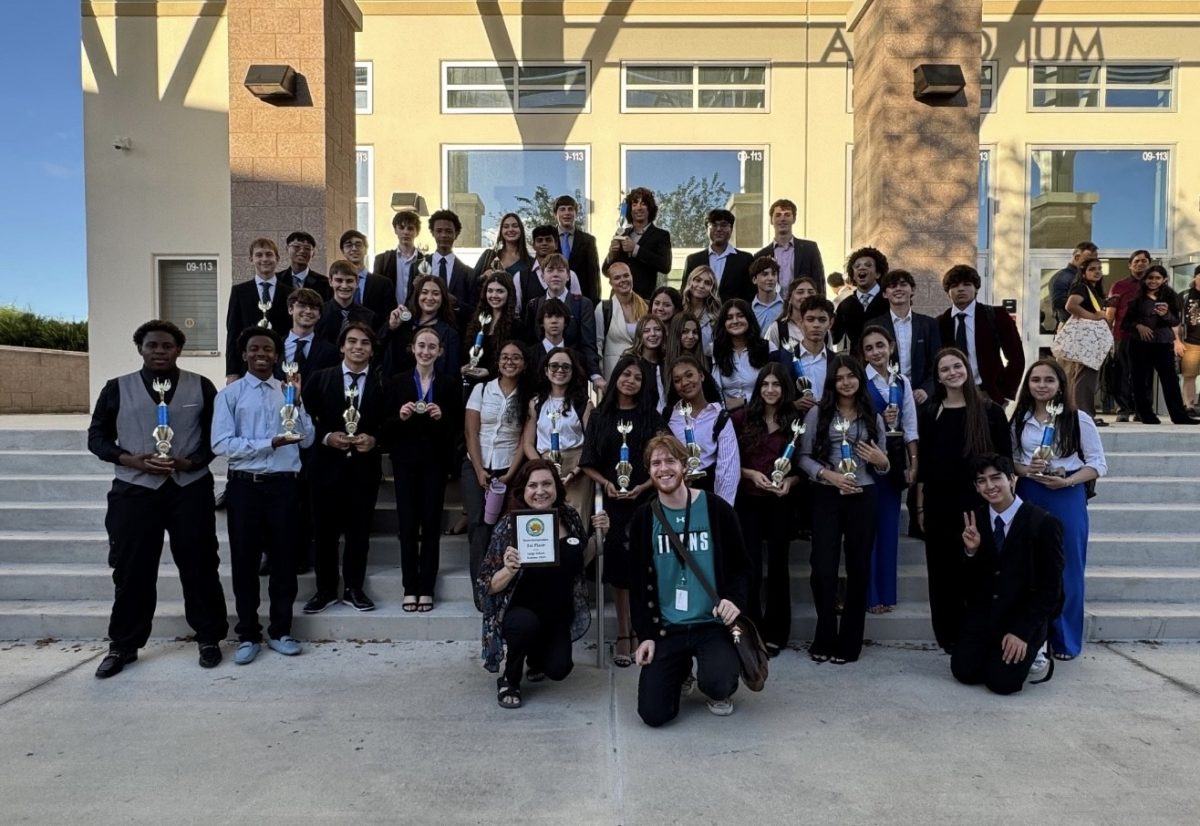Graduation… No, not the Kanye West album–the momentous day on which one’s high school career ends! It’s an event that causes all too many students to feel stressed, self-critical, and even directionless, as it approaches. One contributing factor could be that students feel as though their options after high school are limited.
I mean, what do you think of when you imagine a successful post-graduation life? Chances are, the ivory towers of some elite, nationally-renowned college come to mind. And while college is a great opportunity for some, it is not the best fit for everyone, nor is it the only option. There are all kinds of paths students can take after high school, and today we will shed some light on them.
Is College Over-Emphasized?
College is often presented to students as the best- sometimes even the only- option for ensuring a successful career. But this is far from the truth. Mr. John Puchein, one of Olympia’s AP Human Geography teachers, believes that college has long been promoted as a default path for students, even though plenty of other alternatives exist.
“I believe that for too long, college has been promoted as the sole path for students, despite the existence of numerous other viable options,” Mr. Puchein explains. “It is imperative that we present technical school and military career paths to students with the same emphasis. Furthermore, it is essential to highlight the cost differences between college and technical degrees, many of which can be obtained at minimal expense or even free through various educational systems,” Mr. Puchein said.
Alternative Career Paths
Clearly, there are many different paths that high school graduates can take. One example is technical school, which can provide students with valuable skills in high-demand fields.
Jacob Skelin, a student at Olympia, is interested in enrolling in technical school to learn welding. “Welding has a lot of job opportunities and is a skill that you can use for so many different jobs. Welding is in rising demand and pays very well depending on who you weld for,” Skelin explains.
Skelin’s words highlight just one of many promising career options outside of college. Technical careers in fields like plumbing, electrical work, automotive technology, and healthcare are all in high demand and often provide stable, well-paying jobs.
How Can We Change the Narrative?
If so many options exist, why do students still feel pressured to go to college? According to Mr. Puchein, change needs to happen both at home and in the workforce.
“The initial step begins at home,” Mr. Puchein notes. “It is crucial for families to recognize that pursuing a college education is not the sole avenue to achieving a successful career,” Mr. Puchein shared.
But families aren’t the only ones who can help. Businesses and industries that rely on skilled workers should also play a role in promoting career training.
“Numerous industries consistently require skilled workers,” Puchein adds, “and rather than merely advertising job openings, businesses should focus on effectively promoting the training opportunities available for these positions.”
A Future with More Choices
Overall, graduation brings up a lot of important discussions. A common one is the topic of college, something that is all too often presented as the only possible option for high school graduates. However, there are clearly all kinds of alternatives to this pathway that students can take to find their future careers.
It is important that we make students aware of all the future possibilities so that they can choose to pursue something that they will do well in, and hopefully enjoy. By broadening the conversation around post-graduation options, we can ensure that students feel empowered, rather than pressured, as they take their first steps into adulthood.





























